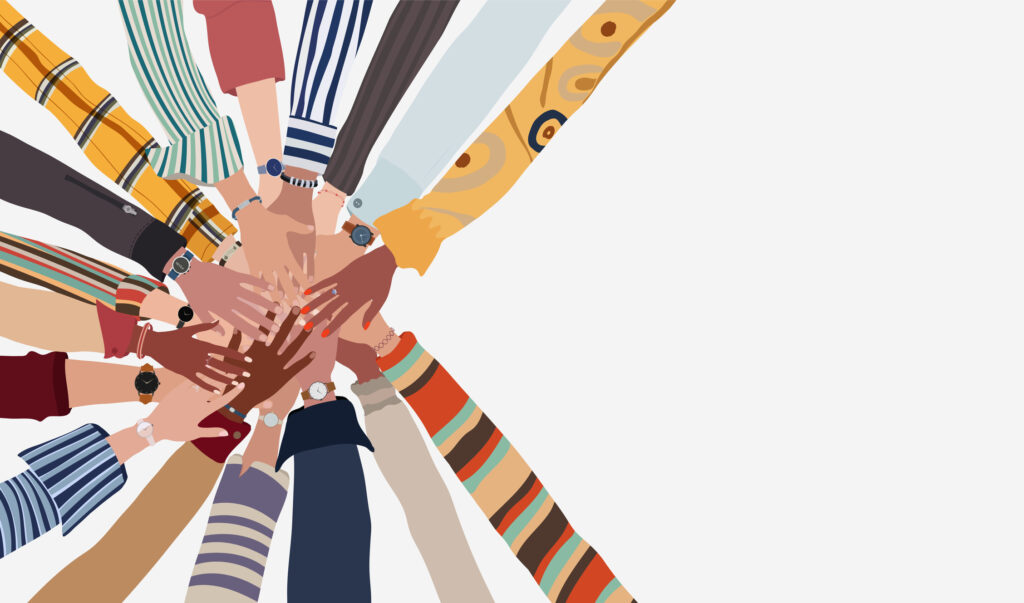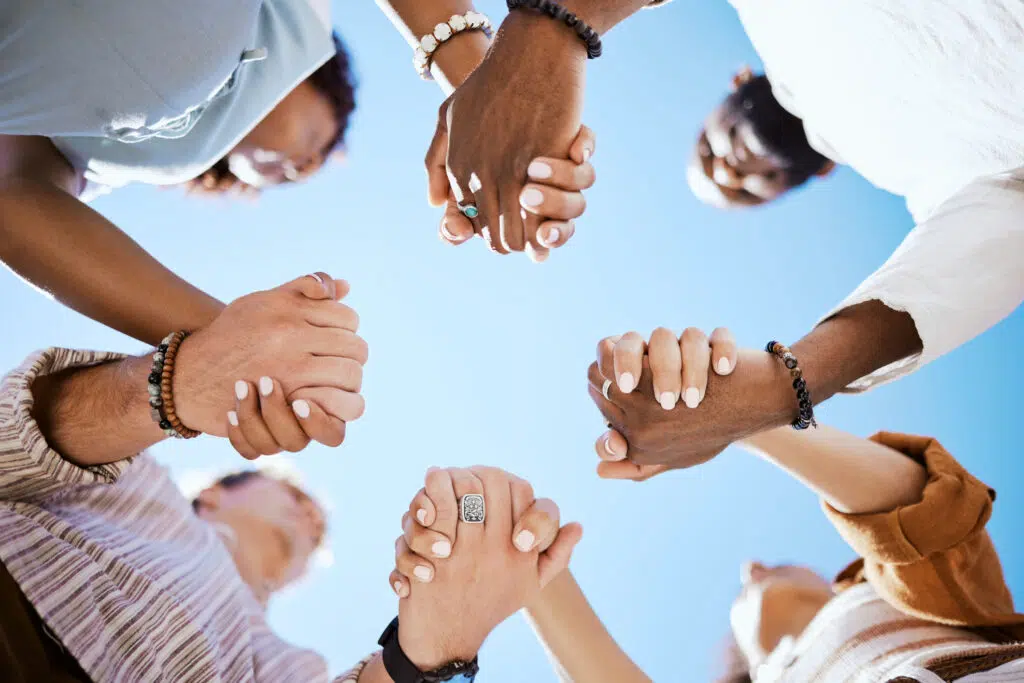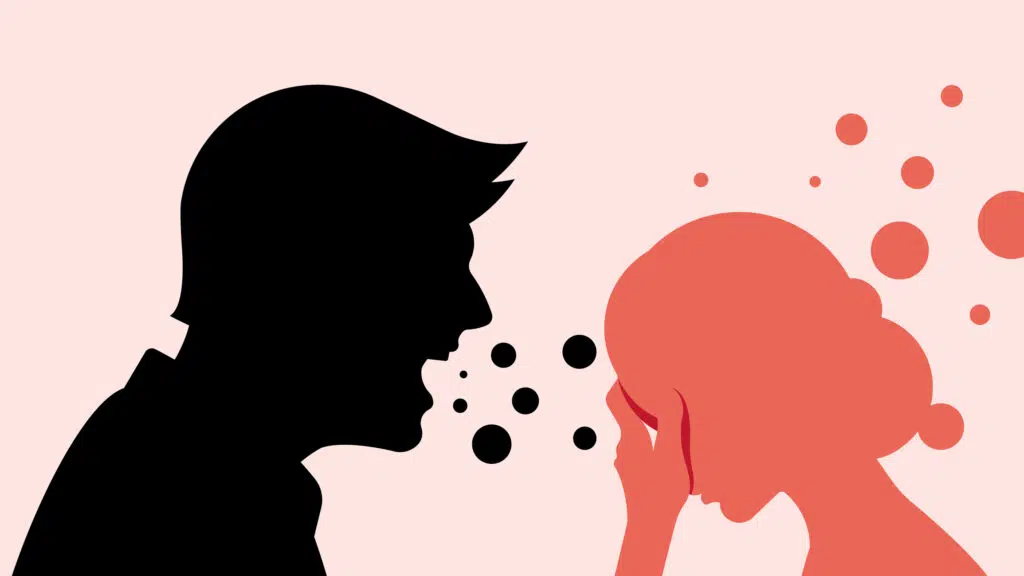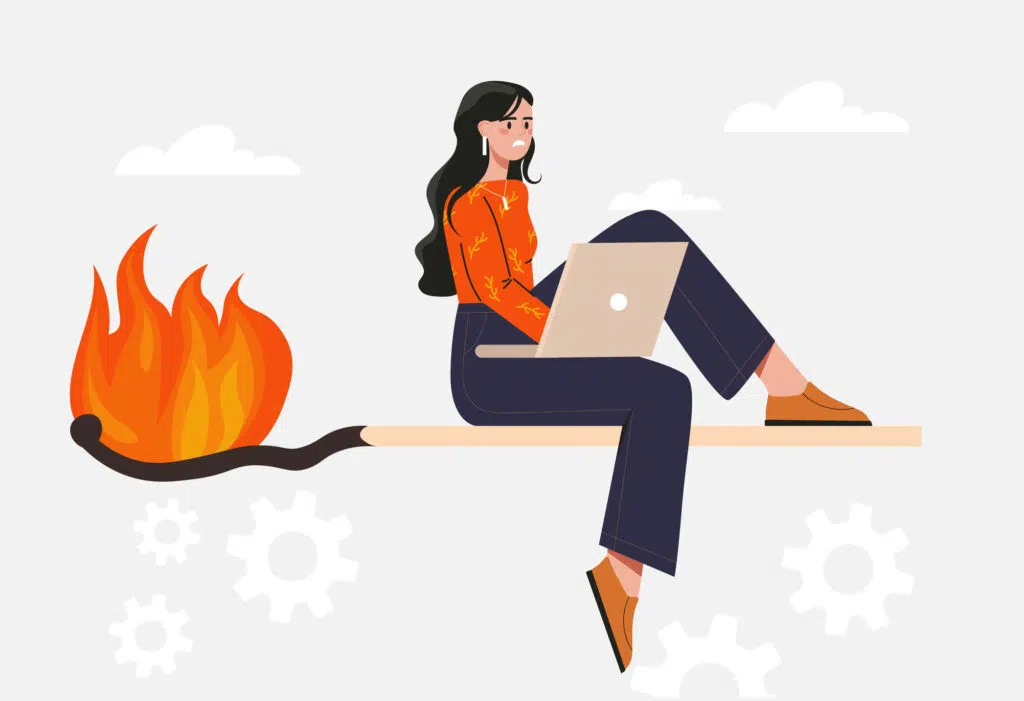How To Find A Black Therapist Around Me

Finding the right mental health professional for you shouldn’t be a guessing game. It should be easy to find someone who gets you, your background, and your culture. The reality is that Black therapists make up a small percentage of mental health professionals, which creates an additional barrier to high-quality mental health support and treatment for the community. In this article, we talk about the importance of working with a Black therapist and how to find the right therapist to support your needs.
Mental Health Statistics
About 46 million of the American population identify as Black or African American, with 19% affected by mental illnesses. Some research suggests that the adult Black community is more likely to experience sadness, worthlessness, and hopelessness.
The historical experience of Black and African Americans in the US continues to be characterized by violence and trauma, impacting adolescent and adult emotional and mental health. According to a 2019 Journal of Community Health report, suicide rates among Black teenage girls rose by 182% between 2001 and 2017.
Despite the worrying statistics, only 25% of Black people seek mental health care, compared to 40% of White people. For Black and African Americans, finding a therapist who shares their racial identity is one of the most important factors in their search. It’s no surprise that a Black therapist will be in a better position to understand and relate to culture, values, and experiences, especially those related to issues of racism, oppression, and intergenerational trauma that Black people experience.
Why Finding a Black Therapist Is Important
According to Zippia, more than 63,579 therapists are employed in the US. However, based on 30 million profiles, only 5.1% of these psychologists are Black.
Finding a good therapist is always challenging. However, finding a Black therapist is even more of an upward climb since there are fewer of them to choose from. Culture, which includes beliefs, attitudes, behaviors, norms, and language, influences every aspect of our lives, including mental health.
The mental health workforce, of which White therapists comprise 75.9%, creates a diversity gap that all mental health professionals need to work to overcome to reduce the barrier and offer the help and support that everyone deserves.
Finding a psychologist who is the right fit is crucial. It is vital for everyone to find someone who matches their identity and can relate to some of the issues they face. Black therapists are massively under-represented, making access to mental health for Black people more difficult.
The reality is that your identity is personal, but even then, you should be able to find a mental health professional who aligns with your identity. Since we are talking about mental health issues, it would help if you were comfortable with the therapist you are speaking to, and identity, race, and gender play a crucial role in this.
Working with a Black mental health professional who is a product of a similar environment means a higher chance of connecting with your therapist since they are also under the same pressure. Whether it’s ethnicity, age, or gender, you don’t want to have to explain the language you use. Your therapist should understand where you’re coming from, no matter your community. The same applies to the LGBTQ+ community and speaking to a therapist who aligns with and understands your identity.
Black people often feel better understood when they talk to a Black therapist. In therapy, you don’t want to feel like you have to explain why you feel a certain way because you are talking to someone outside your ethnic community. This can create a disconnect, making it difficult to share openly and honestly. Sometimes, relatability is vital for connecting with your therapist.
How to Find a Black Therapist
Although there is a shortage of Black mental health professionals in the US today, it’s also much easier to find them, thanks to the internet. Whoever you’re looking for, there are plenty of ways to find a Black therapist near you.
Search By City and State
One of the best places to start your search for a Black therapist is by city or state. You want a therapist who is easily accessible, so it makes sense to search for a therapist within your city. If that’s not possible, you can cast your net wider and find a suitable one within your state. In the internet age, plenty of online directories and sites can match you with a therapist within your state or city.
Do Some Research
If you are in mental distress and looking for someone who can offer immediate support, then broaden your search. If you can’t find a Black therapist by city or state, try and ground yourself with online support groups for mental health issues affecting Black people or online Black virtual wellness directories like BEAM. The national training, movement building, and grant-making institution works to remove barriers that Black people often experience when accessing and staying connected with mental health care and healing. Online directories help provide access to important helplines for when your mental health is in distress, and you need urgent help.
Another useful resource is the American Psychological Association which features topics on mental health, racism, and discrimination.
Ask The Right Questions
Finding a Black therapist is only the first step – you then need to decide if that therapist is right for you and your situation. Preparing a set of questions to ask is a great place to start. During your initial conversation with the therapist, don’t be afraid to put them on the hot seat. Ask questions regarding their qualifications, patient load, experience handling specific issues with other Black patients, session lengths, plus duration and frequency of their treatment. You want to be sure you can trust this person with your mental health care and feel comfortable sharing.
Use A Therapist Matchmaker
At Thriving Center of Psychology, our Therapist Matchmaker matches you with a therapist who fits your search criteria by ethnicity, location, or type of therapy they provide. That means someone culturally knowledgeable and skilled in treatment using only the best evidence available. In other words, a mental health care provider who is aware of their own world views, knowledgeable about identity and diversity, and is trained to connect with different people.
Remember that therapy is for you, so try not to edit yourself when using a therapist matchmaker. Push past the shyness and desires to find the “perfect” way to explain yourself and your situation and put things as they are. Give yourself the best opportunity to find a therapist who you can connect with, so you can move forward.
Therapy At The Thriving Center of Psychology
A one-size-fits-all is no longer enough when dealing with Black mental health, something we understand all too well at Thriving Center of Psychology. We know that the relationship between therapist and patient is crucial for treatment and taking a step closer to recovery.
If you think you would benefit from speaking with a therapist or are concerned about a loved one, book an appointment online or contact the team at Thriving Center of Psychology in person at one of our offices in New York, California, Florida, New Jersey, Oregon, Minnesota, Illinois, Massachusetts, and Washington.

Understanding Impostor Syndrome: Breaking Free from Self-Doubt
Imposter syndrome can make you feel like a fraud with no confidence in your abilities. You’re not alone; so many people feel like this. The good news is that you can break free from imposter syndrome and overcome self-doubt; here’s how.

Supporting a Loved One with Mental Illness: Practical Tips and Resources
There isn’t one perfect way to support a loved one with mental illness. How you care for someone will depend on you and the person you support. Mental illness can affect all aspects of a person, from mood to behavior. It can come as a shock when a loved one is diagnosed with a mental illness.

Is My Relationship One-Sided?
Do you feel like you’re doing all the work in a relationship? When a relationship is one-sided, it can create stress and conflict. If one partner invests more energy and effort to make the relationship work, it creates an imbalanced dynamic that can be draining in the long haul.

How To Recover From Burnout?
Manageable and short-term stress can increase alertness and give you the focus to hit a tight deadline. But left unchecked, chronic stress can result in burnout, leading to complete physical, mental, and emotional exhaustion.

